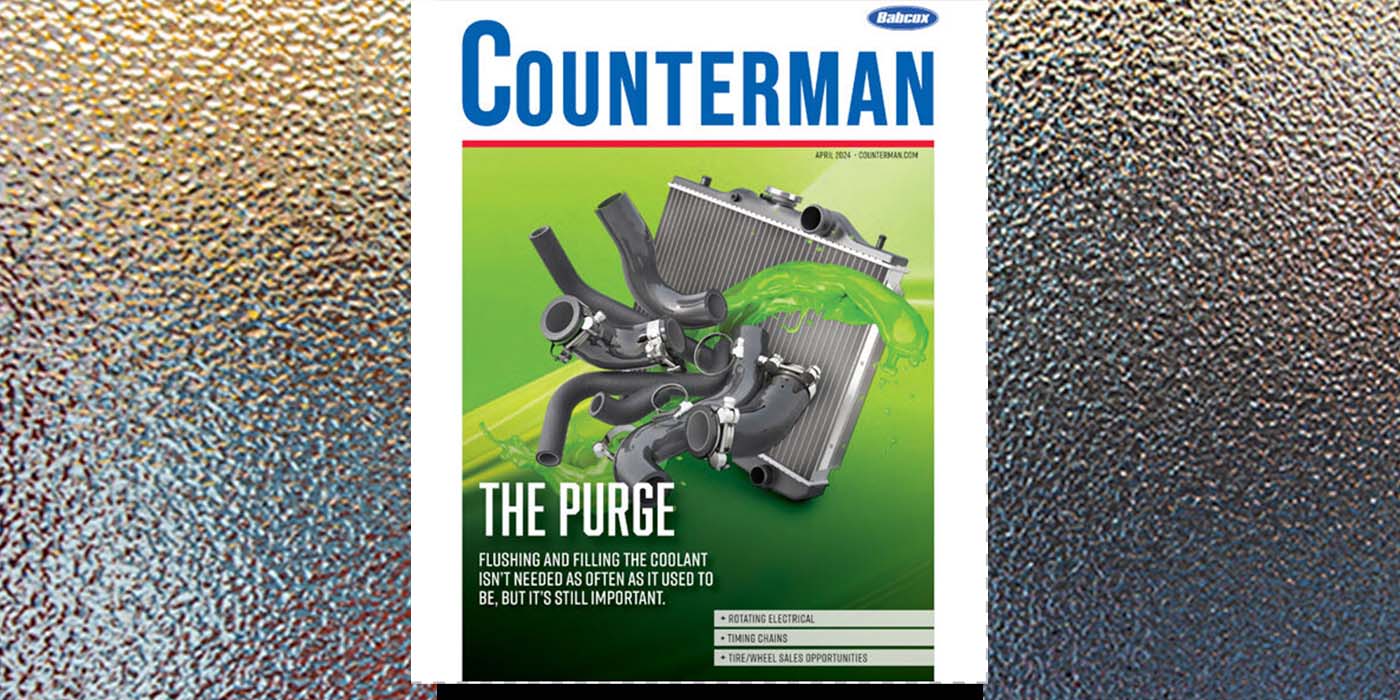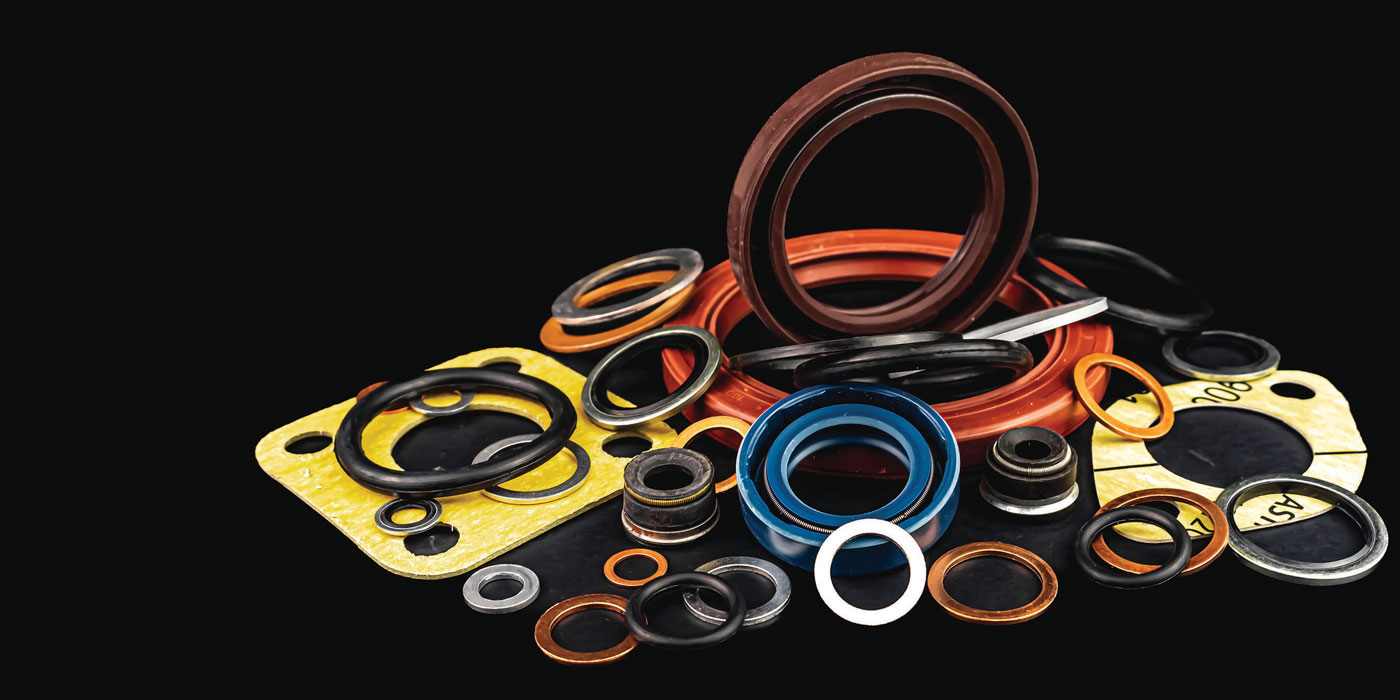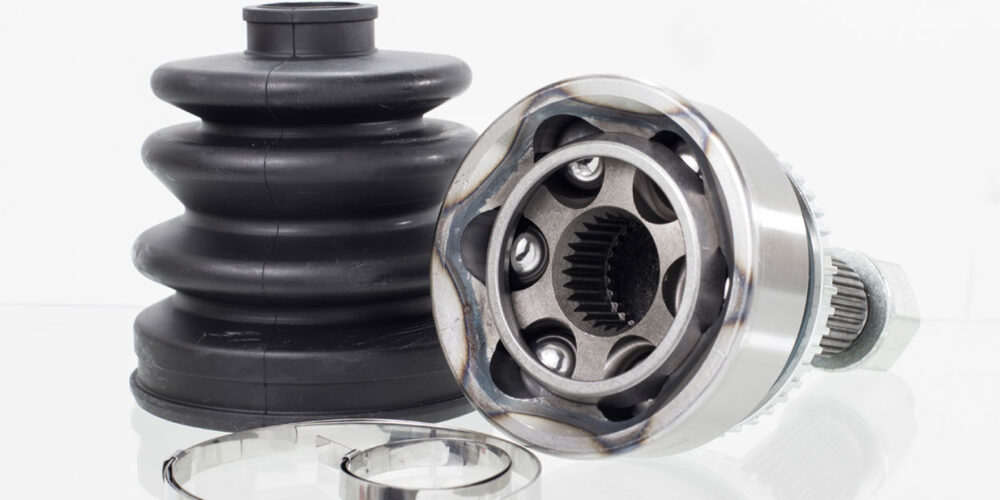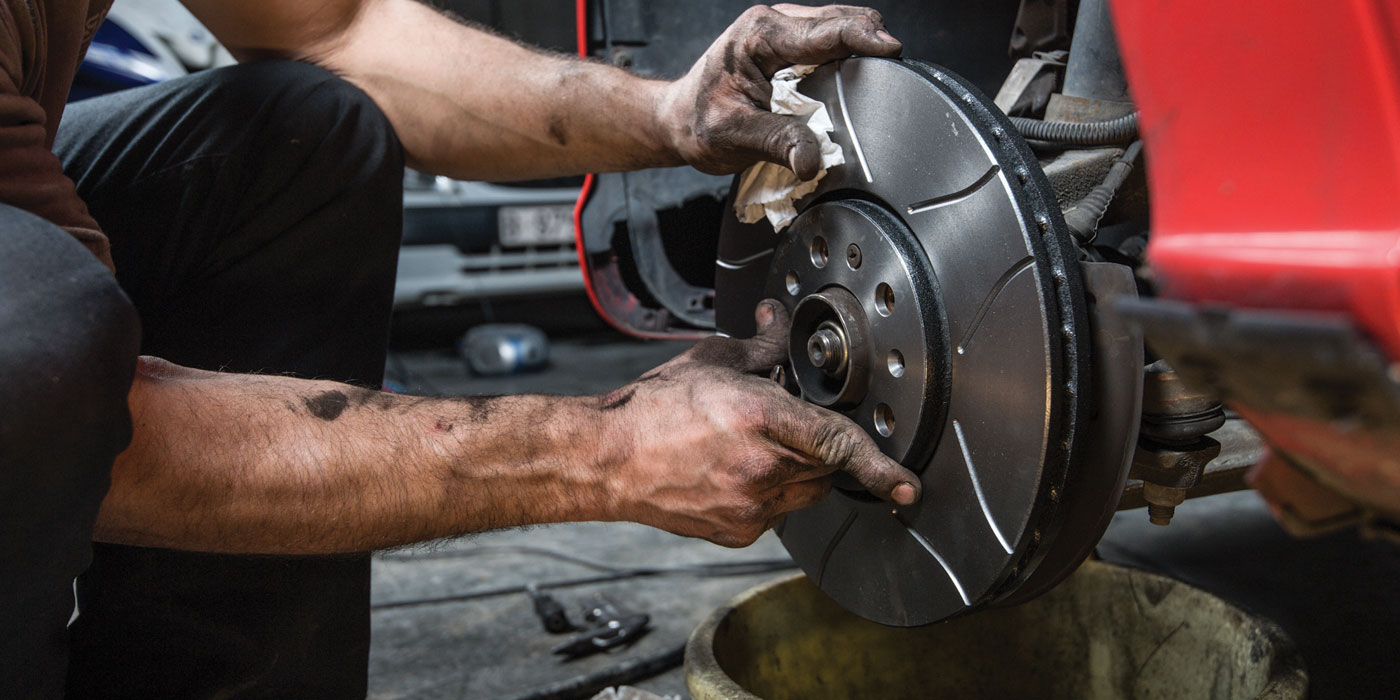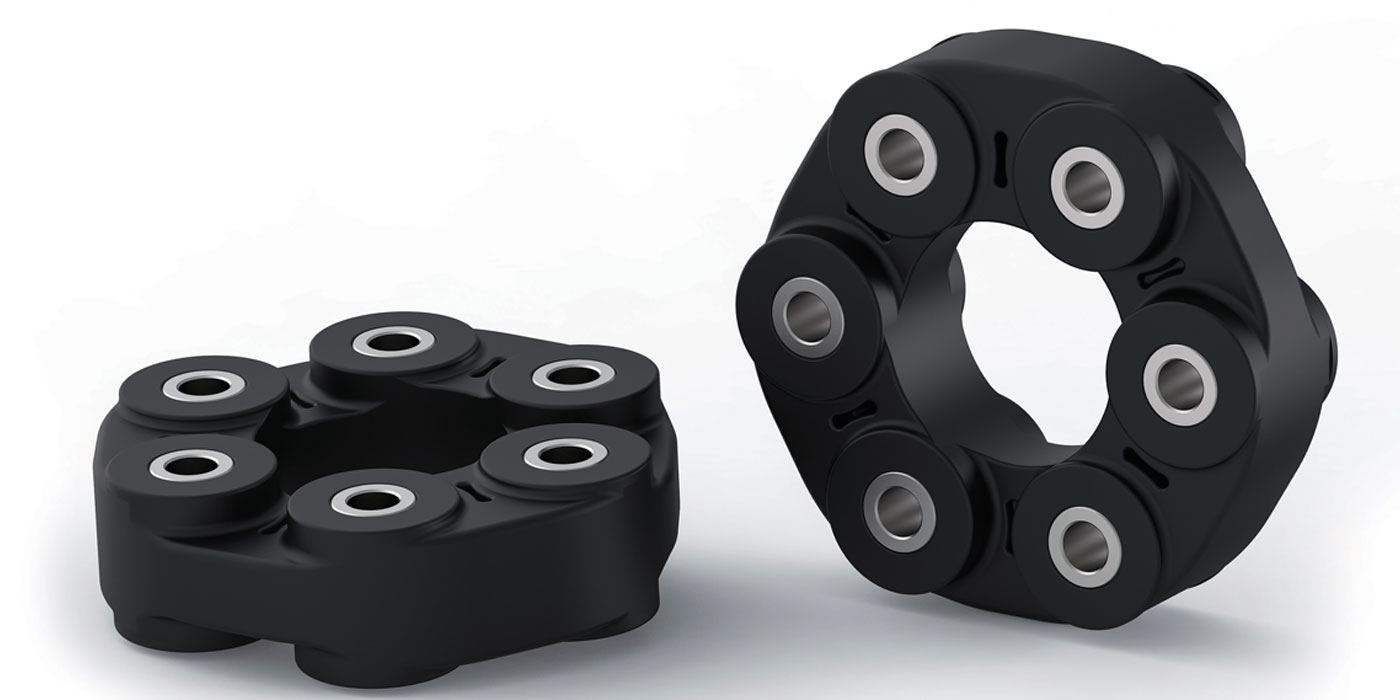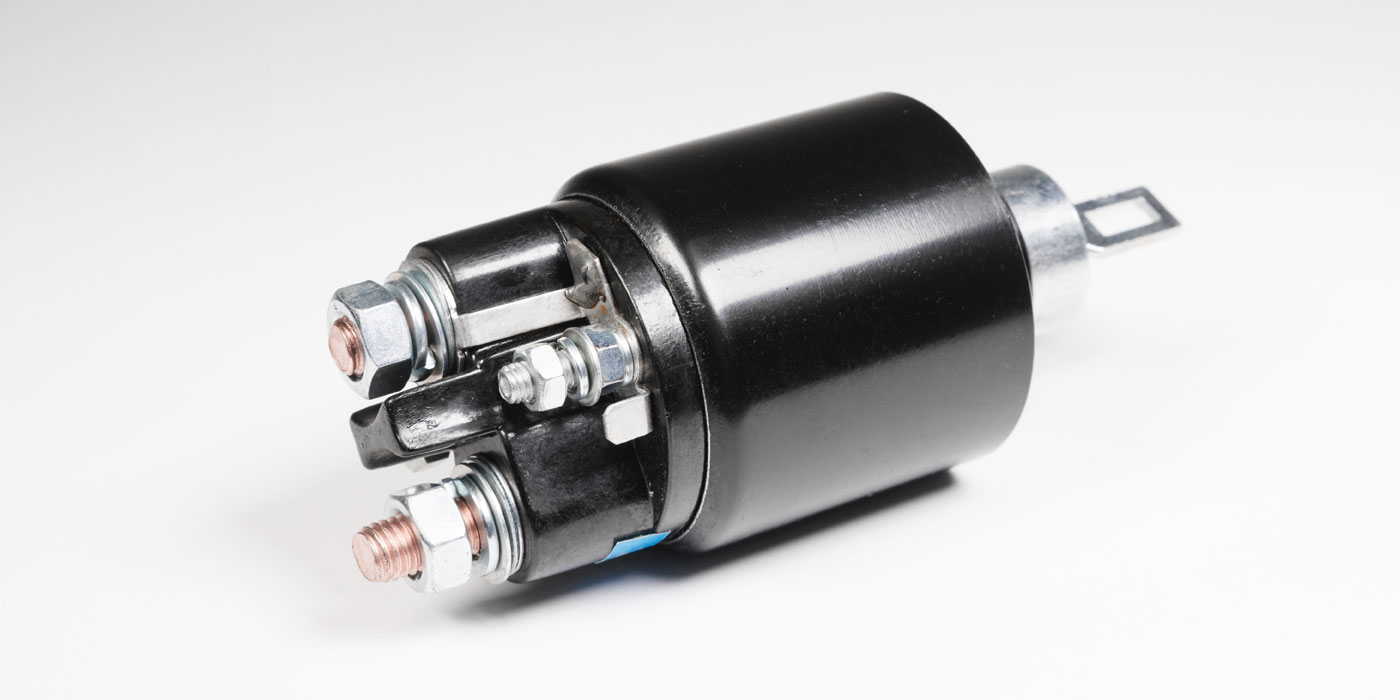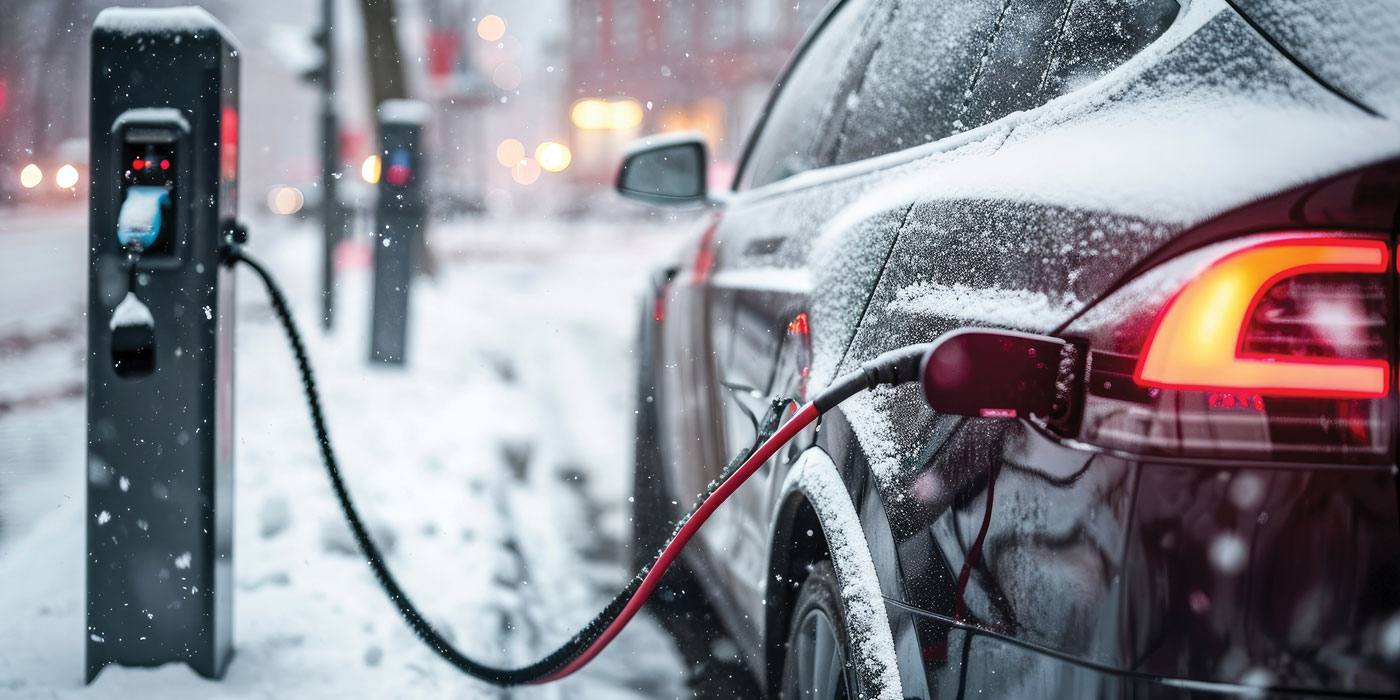It’s no secret to jobbers that most shop owners and auto technicians are very brand-conscious.
If a jobber delivers brand "A," they’re happy. If a jobber delivers brand "B," he’ll likely face a complaint. But what about the latest studies that indicate many techs now demand private-labeled parts? And why do techs choose the brand name in one instance and demand the private label in other instances?
To answer these questions, let’s examine several different aspects of the parts selection process.
PERCEPTION OF VALUE
During the many years I’ve bought replacement parts, I’ve learned that the name of the supplier is very important. I’m very loyal to some brands and not to others.
Techs are sensitive, for example, about the performance of brake pads. The reason most techs are sensitive is because their customers may be sensitive to issues such as pedal response, pulling, squealing, stopping power and overall longevity of the pad itself.
For the tech doing a premium brake job, the pad must perform perfectly in each of these categories. A minor squeak might not be irritating to a tech, but it can be to certain customers. To better illustrate, I replaced the brake pads for customer who happens to sell mountain real estate. As always, I used a private-labeled, premium set of pads and installed them with a full hardware kit on newly refinished brake rotors.
Unfortunately, the brakes developed a slight chirp. Although the intensity of the chirp varied according to weather conditions, it was irritating to this customer because, when she was showing mountain properties to clients, the chirping noise became an irritating distraction.
WHY THE PRIVATE LABEL
The reason I installed the private label brake pads in the first place was that I’ve have exceptionally few comebacks with these products.
After re-checking the brake job for installation errors, the only remaining solution was to exchange the brake pads with new ones. Of course, that solution was a gamble, but, being a private label part, the distributor would cover the warranty, no questions asked. That might not have been the case if the brake pads had been a name-branded part purchased from an outside vendor.
And then there’s the matter of nation-wide warranties. Most major distribution companies offer a nation-wide warranty service. Knowing that the warranty on a part I just installed will be honored at other jobber outlets is a comforting thought.
NAME BRAND LOYALTY
On the other hand, to illustrate why a technician might be loyal to a name brand, I recently had a discussion with a production manager about the increasing number of warranty claims against his product. Thinking back, I recalled that I had used their name-brand products since 1957. In all of those 46 years, I had never encountered a faulty product with their name brand on it.
A track record like this always earns name-brand loyalty. Just think: I’ve used this product since 1957 and haven’t had hardly a single failure.
Of course, if this company sold its same product in a private label wrapper, would I still buy it? Probably, if I knew for sure that it was, indeed, equal in quality and performance of that with the company logo stamped on it. But, if both were lying side-by-side on the counter, I’d choose the company logo over the private label logo. Brand-name recognition is as simple as that. And that may be why many program distributors insist upon putting their names on the wrapper of a brand-name product. The power of name-brand association is undeniable.
TRUSTING THE PRIVATE LABELS
Let’s look at another scenario: let’s say that a new manufacturer is now supplying the private label brake pad. Will the change in suppliers affect my choice in brake pads? Probably not, even if it isn’t my favorite manufacturer. Not if the performance, durability, reliability and, above all, the no-questions-asked warranty are equal or superior to that of the former manufacturer. Since brake replacements are a day-in, day-out activity for most shops, it won’t take long to discover if the new supplier’s brake pads are equal or superior to that of the former manufacturer’s. If, for example, a shop’s regular customers begin complaining about brake noises, poor braking performance or poor durability, the shop will likely begin to search for their old supplier’s brand name.
I trust private labels because I know that if I have a problem with the product, I’ll have the technical and sales support available to address the problem. My local jobber knows I installed the product correctly. He also knows that when I do have a problem with the product, it’s a legitimate complaint that needs to be addressed by the jobber warehouse or the technical staff of the manufacturer.
Now about cost: A no-name Brand "X" part, for example, may cost less than the private label or brand name part. But let’s look at the benefits of paying the higher price: First, if a problem develops with Brand X, I may be forced to settle the matter with an unidentifiable face at the other end of a telephone. If a problem develops with the private label or name-brand product, I can settle the issue with my local jobber. Sure the part cost more, but the warranty and good will is worth more, which translates to increased profit at the bottom line.
BRAND LOYALTY
Each jobber store clearly serves different groups of professional installers. The metro-area jobber may serve large shops while the rural jobber may serve smaller ones. In some cases, a shop may choose the name brand while another shop may choose the private label. Either has its own strengths and either, depending upon the circumstances, may serve the professional installer better.
In either case, the professional installer’s choice depends upon performance, warranty and reputation, as it well should.

